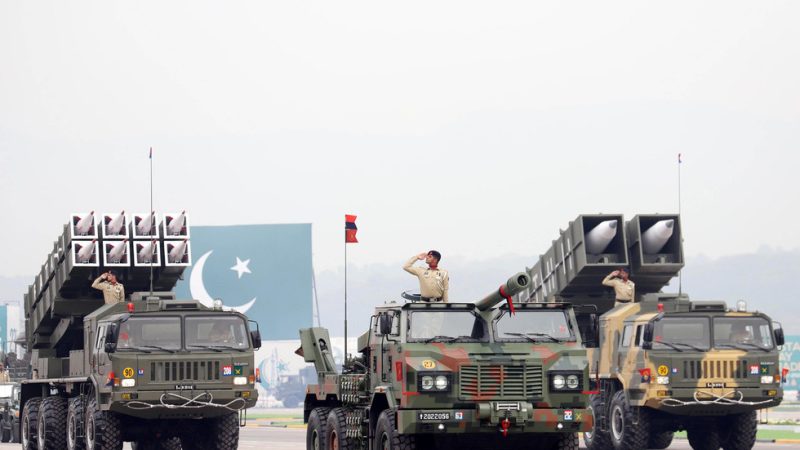
Recent events in Kashmir have dramatically escalated tensions between India and Pakistan, reaching a dangerous new level. The assassination of 26 individuals in a terrorist attack has ignited a volatile situation, further inflamed by a concerning statement from Pakistan’s Railways Minister, Hanif Abbasi. Abbasi’s comments, hinting at the potential use of nuclear weapons against India, have sent shockwaves through the international community.
The minister’s remarks, though perhaps intended as a strong show of defiance, represent a deeply worrying escalation. Such rhetoric, especially from a high-ranking official, risks miscalculation and an unintended slide towards conflict. The already fragile peace between the two nuclear-armed nations is now hanging precariously in the balance.
The aftermath of the terrorist attack in Kashmir has understandably fueled anger and a desire for retribution within Pakistan. However, resorting to nuclear threats is a reckless and irresponsible response, potentially triggering a catastrophic chain of events with unimaginable global consequences. The international community must strongly condemn this type of inflammatory language and urge both sides to exercise maximum restraint.
Diplomacy and de-escalation are paramount at this critical juncture. Open communication channels, mediated dialogues, and a concerted effort to address the underlying causes of the conflict are crucial to preventing further violence. The focus must shift from belligerent posturing to constructive engagement, prioritizing peace and stability in the region.
The world watches with bated breath as the situation unfolds. The potential for a devastating conflict is real and demands immediate attention from global leaders. The need for calm, measured responses and a commitment to peaceful resolution has never been greater.










